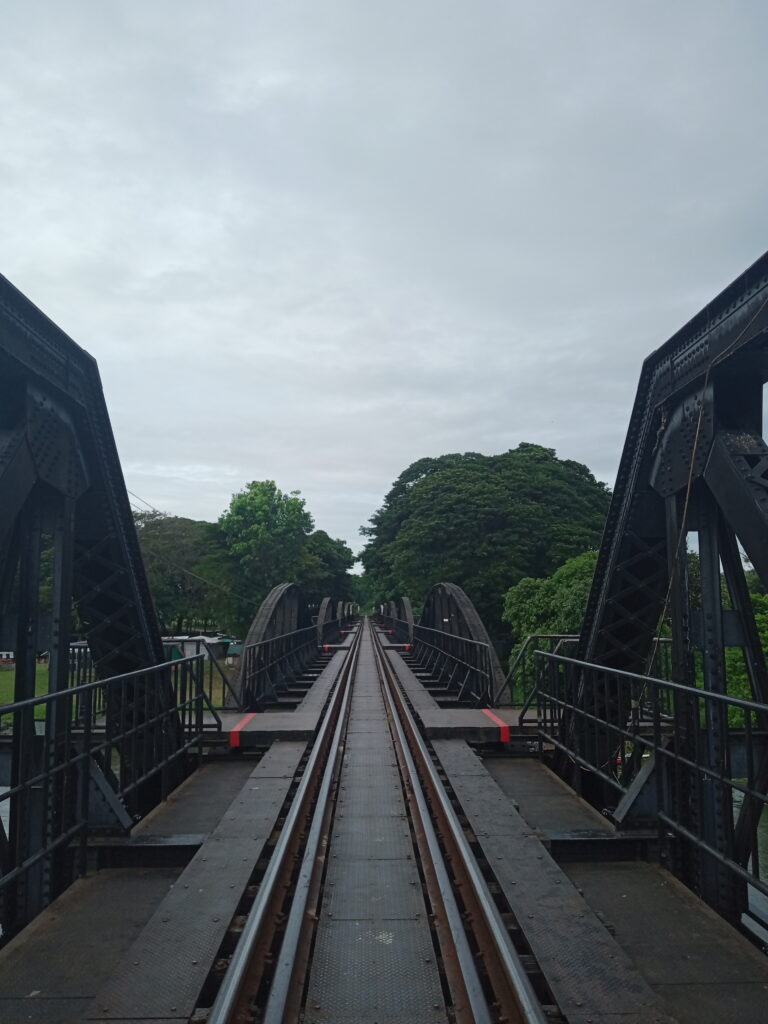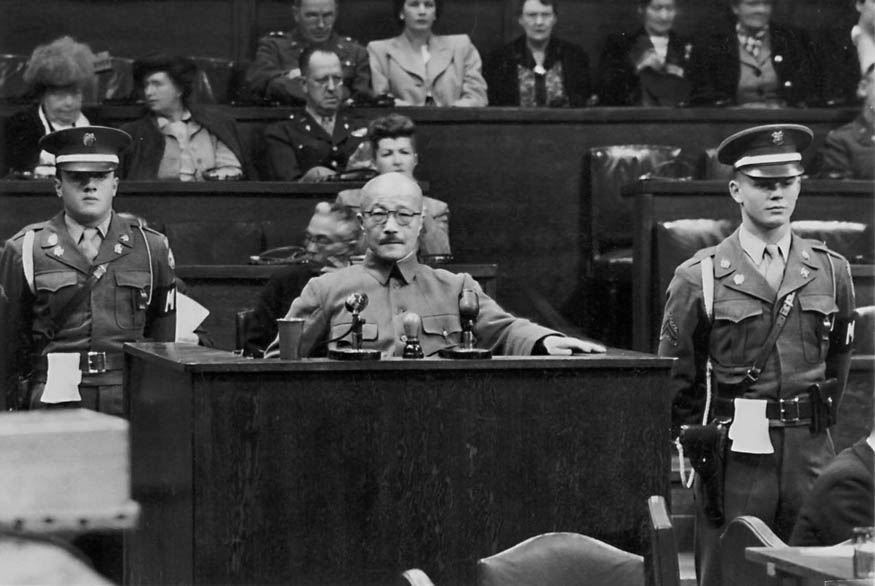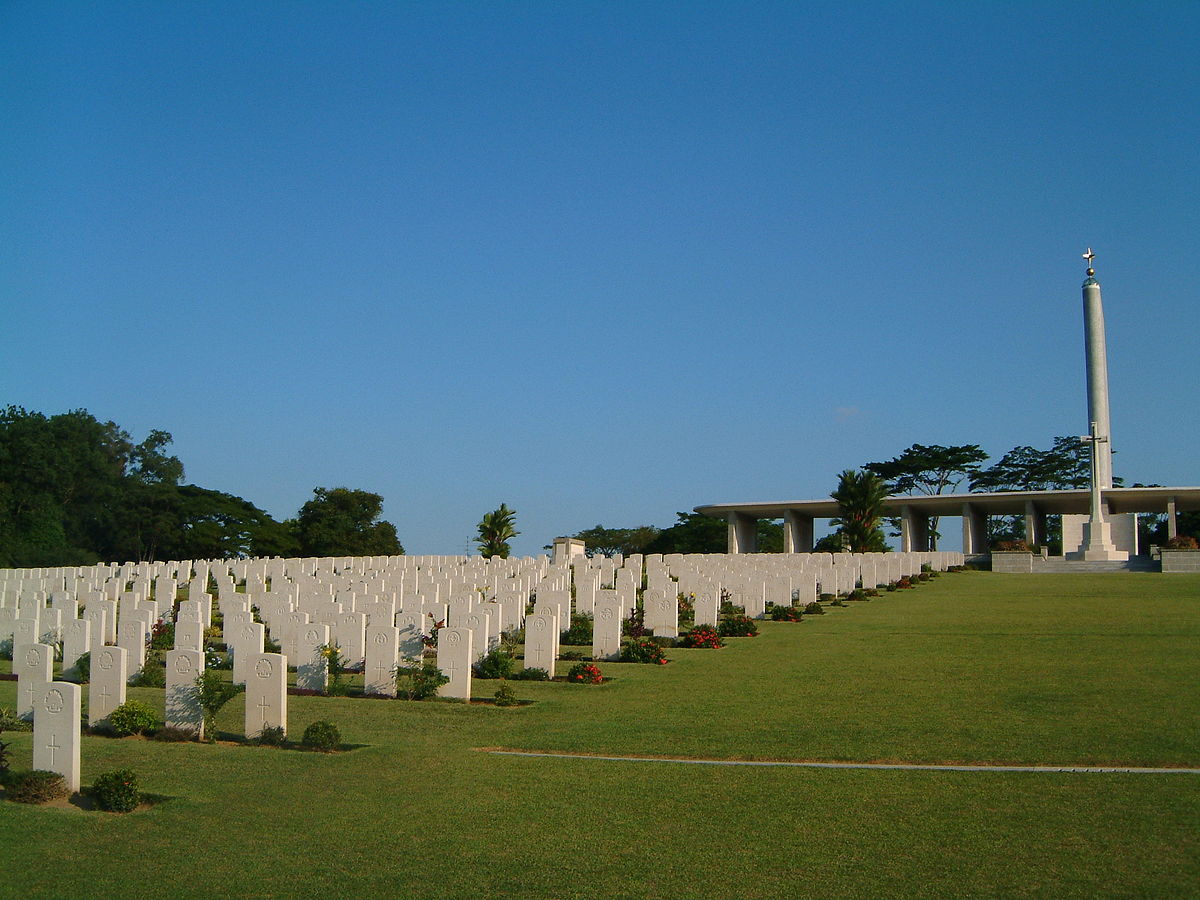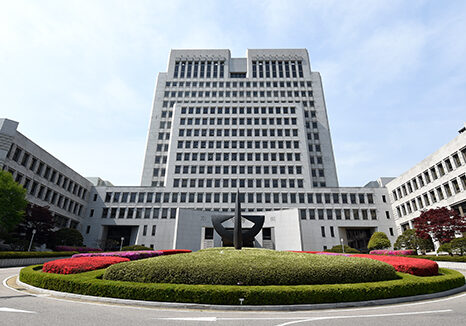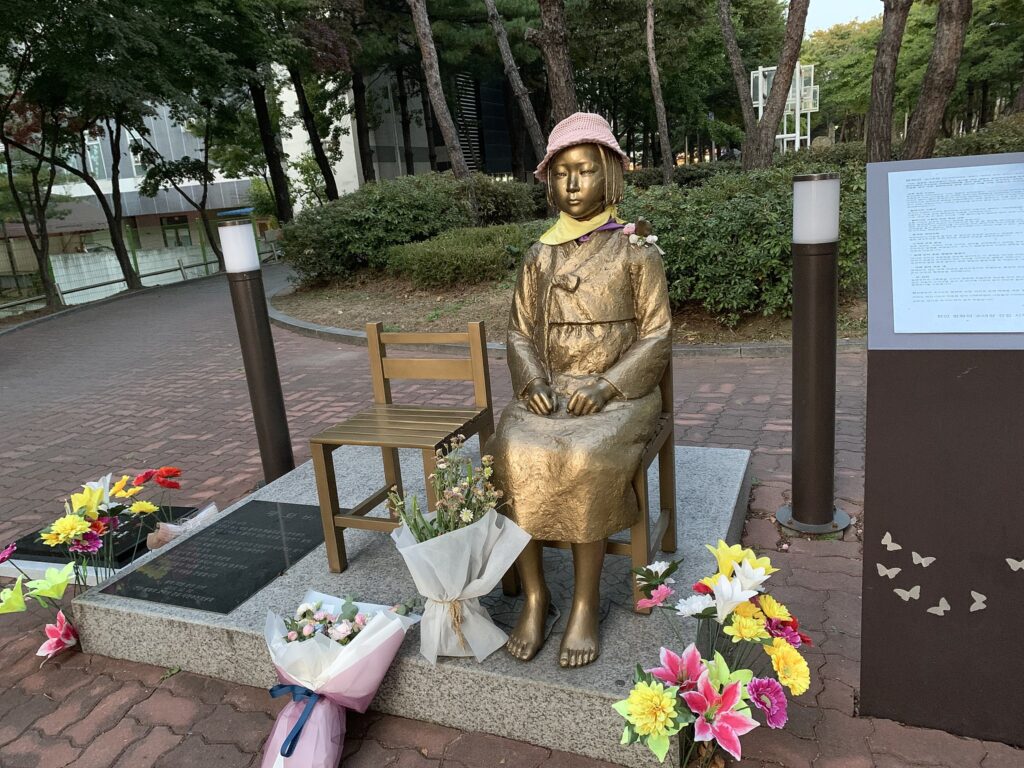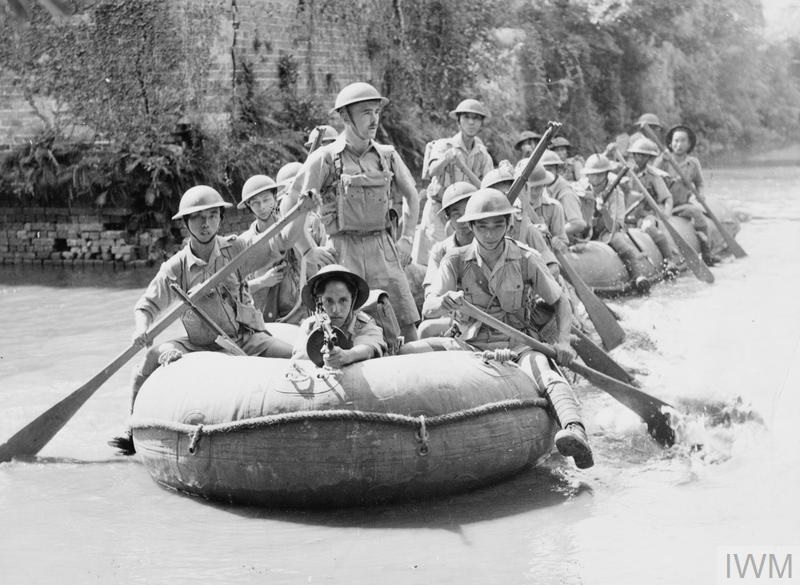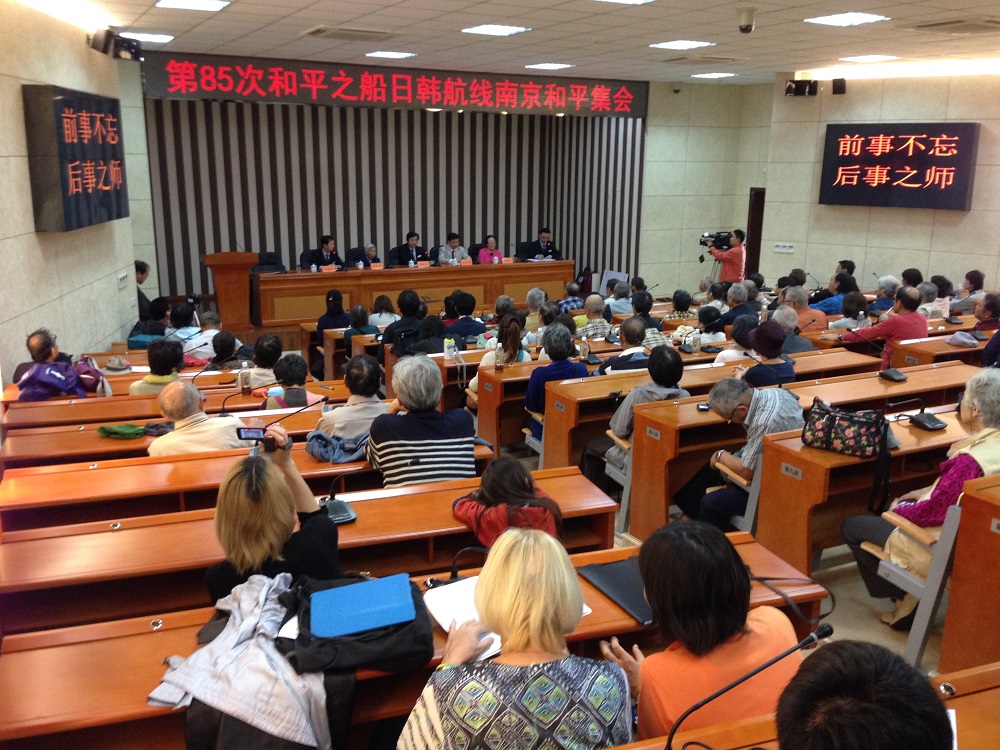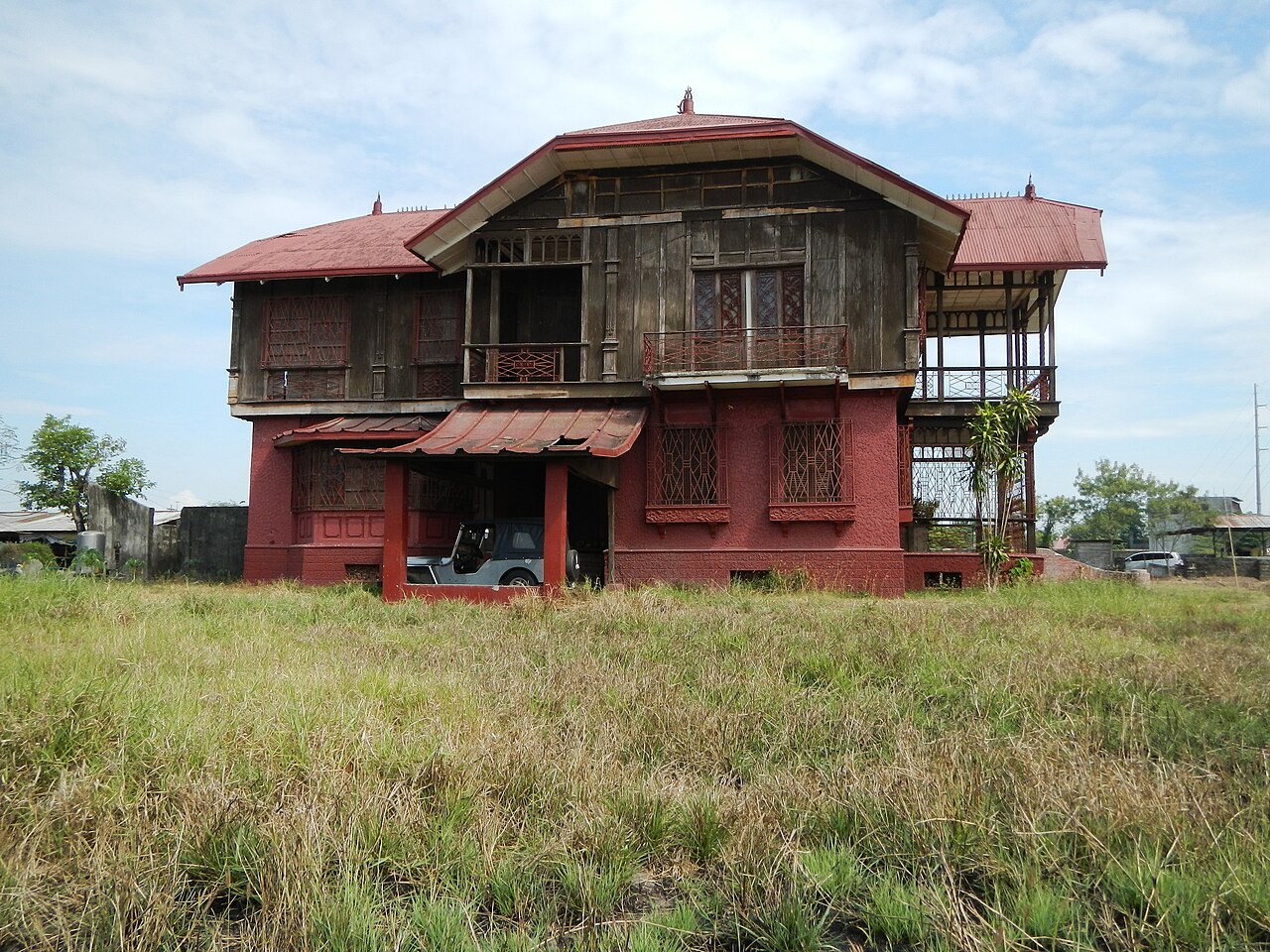The Second World War in Asia:
Justice Efforts, War Memory, and Reparations
INTRODUCTORY BLOG
Published on 26 September 2022
The Second World War in Asia: Justice Efforts, War Memory, and Reparations
by Associate Professor Cheah W.L.
This symposium on the Second World War in Asia is co-organized by CIL Dialogues and the International Criminal Law Interest Group of the Asian Society of International Law. On 2 September 1945, Japan surrendered to the Allied Powers on the USS Missouri in Tokyo Bay. Though the Second World War came to an end 77 years ago, it continues to drive justice debates, shape social memory, and impact international relations in Asia today. This symposium explores the Second World War’s continued legal, political, and social impact in Asia by bringing together commentators from different disciplinary backgrounds to address the theme of “Justice Efforts, War Memory, and Reparations” in connection to the Second World War in Asia.
Published on 26 September 2022
The Tokyo Trial and its Legacy
by Professor Neil Boister
The Tokyo Judgment was handed down by majority on the 12th November 1948, nearly three quarters of a century ago. After the convictions were handed down, outside of Japan at least, the trial slowly submerged. Most commentators among the former Allies who had put on the trialand many Japanese shared the polemical view of the US historian Richard Minear that the trial was victor’s justice. In the last 15 years however, we have seen a flowering of scholarship about the trial, including Boister and Cryer’s The Tokyo International Military Tribunal: A Reappraisal (OUP, 2008). This scholarship has not in the main sought to justify the trial’s excesses but rather to try to reach a more nuanced understanding of what was the first major trial of international criminals in Asia. It is not clear though whether intellectual understanding of the trial has led to a greater public awareness of its complexities, the relative popularity of the Netflix mini-series Tokyo Trial notwithstanding.
Published on 28 September 2022
Problems of Justice in the Post-War Allied War Crimes Trials of Japanese Suspects
by Professor Robert Cribb and Professor Sandra Wilson
After the Second World War in Asia finally ended in August 1945, the victorious Allied powers embarked on a program of reckoning with their defeated Japanese adversary. In the International Military Tribunal for the Far East (IMTFE), which ran from 1946 to 1948, Allied powers prosecuted Japanese civilian and military leaders for the twin crimes of waging aggressive war and issuing orders that had led to individual and mass brutalities against both prisoners of war and civilians in Japanese-occupied territories.
Published on 30 September 2022
Northeast Asia’s War Reparations Movement: Towards the Messy Uncertainty of Democracy, Civil Society and Rule of Law
by Professor Timothy Webster
For the past thirty years, domestic courts in the Asia-Pacific have presided over hundreds of lawsuits stemming from World War II. While these cases have largely played out in Japan, China and the United States, judges in South Korea are reviewing a number of important decisions at the moment. Seventy-seven years after the end of the war, Korean forced laborers and “comfort women” still seek compensation and apologies from the Japanese government and several Japanese multinationals. Following a pair of unprecedented decisions from the South Korean Supreme Court in 2018, Korean trial and appellate judges have arrived at contradictory conclusions about war redress issues.
Published on 3 October 2022
Words Matter, Translation Matters
by Professor Kayoko Takeda
Translation creates opportunities for a state to promote its narrative of war memories while meeting potentially conflicting political expectations of different parties, domestic and international. This was the focus of my 2020 essay Rewriting War Memory Through Translation. Specifically, I analysed four cases in which the Japanese government under Shinzo Abe’s premiership (2006–07, 2012–20) strategically used translation to address (or avoid addressing) disputed representations of the Asia-Pacific War (1931–45), including the Japanese government and military’s exploitation of Korean men and women as wartime forced labourers (choyoko, requisitioned labourers) and ‘comfort women (ianfu).’
Published on 5 October 2022
Digital Humanities and World War Two in Asia: the Battle of Hong Kong 1941 Project as Example
by Associate Professor Kwong Chi Man
On 8 December 1941, as part of the larger conflict between Japan, China, and the Allied powers, the Japanese force invaded Hong Kong, a British possession that had just celebrated the centenary of British rule. During the ensuing fighting that lasted for eighteen days, an invasion force of 35,000 men fought against a multinational garrison of 13,500. The Battle of Hong Kong witnessed bloody fighting that left more than 850 Japanese and 2,400 Allied deaths and another 4,000 civilian casualties (see e.g., here, here, here, here and here).
Published on 7 October 2022
Memory-Making on the Ground: Peace Boat and Japanese World War II Narratives
by Lim Jia Yi
No one country is ever simply either a victim or an aggressor… What is immoral remains so, irrespective of whose action it is.
This quote, taken from Peace Boat’s comments in a publication for the United Nations Office for Disarmament Affairs, illustrates the complexity of Japan’s World War II (WWII) history. The country’s wartime victimhood is well-documented, with significant research on the devastation caused by the 1945 atomic bombings of Hiroshima (August 6th) and Nagasaki (August 9th), as well as the continued suffering of survivors and their families. Much is also known about Japan’s wartime aggression, with historical wounds from the Japanese invasion of territories across Asia and the war crimes left in its wake continuing to fester today.
Published on 3 April 2023
Remembering the Thai-Myanmar Death Railway:
In Conversation with Chandra Sekaran, Chairman of the Death Railway Interest Group
Available on 19 January 2024
Tokyo Women’s Tribunal – Voices of the Women Working Behind the Scenes
(Part One)
The Tokyo Women’s Tribunal (TWT) was a peoples’ tribunal that addressed the mass rape and sexual enslavement of women, also known as ‘comfort women’, by Japanese military personnel during the Second World War. This piece features excerpts from a series of interviews conducted by the authors with Indai Sajor, Aurora de Dios, and Susan Macabuag, three Filipina activists who played key roles in the organizing of the TWT.
Available on 19 January 2024
Tokyo Women’s Tribunal – Voices of the Women Working Behind the Scenes
(Part Two)
This is part 2 of a two-part blog post that discusses the rationale, organization, and impact of the Tokyo Women’s Tribunal (TWT), a peoples’ tribunal that addressed the mass rape and sexual enslavement of women by Japanese military personnel during the Second World War. It features excerpts from a series of interviews conducted by the authors with Indai Sajor, Aurora de Dios, and Susan Macabuag, three Filipina activists who played key roles in the organizing of the TWT.


